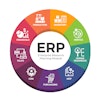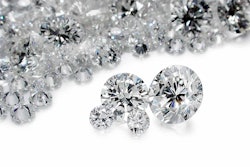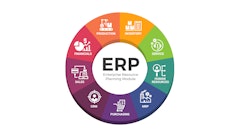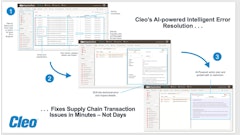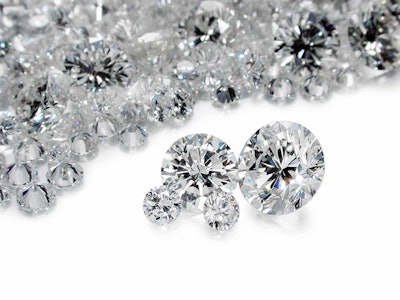
Diamonds are prized for their multifaceted glint. Their impact on culture is likewise many-sided: On the one hand, they are valued as symbols of prosperity and devotion. On the other, they are synonymous with the dark economics of "blood diamonds," mined in war zones and sold to finance conflicts.
Any large-scale retailer of diamonds and the "3TG conflict minerals”—gold, tin, tantalum and tungsten—should be aware of the points along its supply chain where these resources may be introduced, but no regulation mandates their monitoring or disclosure. Choosing to protect both diamond miners and the environment from unregulated small-scale mining operations is a lifetime commitment for companies, it's also one that consumers are beginning to expect.
This month, Signet became the only U.S. jeweler to file a fourth consecutive Conflict Minerals Report to the Securities and Exchange Commission in accordance with Section 1502 of the Dodd-Frank Act, which asks companies to voluntarily disclose conflict minerals originating in the Democratic Republic of Congo (DRC) and surrounding countries. It was one of four companies to have its filing independently audited in 2014, 2015 and 2016, along with technology companies Kemet, Philips Electronics and Intel.
To read the full original article, please click here.


